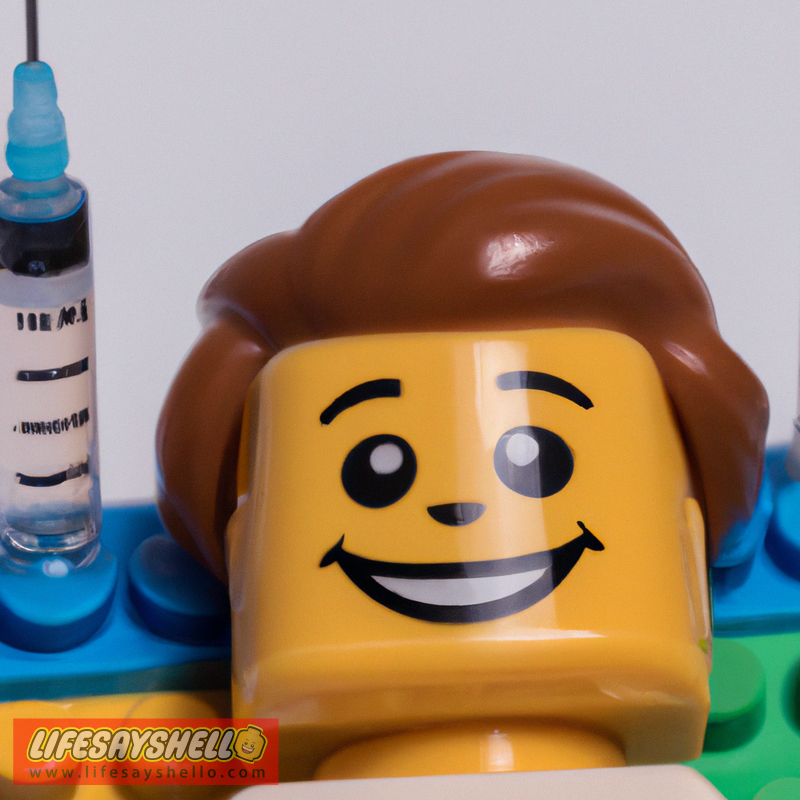The Complete Guide to Vaccinations for Babies in Australia

Immunizing your baby is one of the most important things you can do as a parent to protect them from serious childhood infectious diseases. Vaccinations have been proven to be a safe and effective way to boost your child’s immunity against potentially fatal illnesses. This comprehensive guide covers everything you need to know about the recommended vaccination schedule, where to access free vaccines, and what side effects to expect, to ensure your baby is fully immunized and defended against disease.
Getting your infant vaccinated as recommended is highly encouraged in Australia, under the National Immunisation Program (NIP). Vaccines included in this program are thoroughly tested and rigorously regulated to be given safely to babies and children from a very young age. When you follow the immunization schedule for your child, you are not only protecting their health and wellbeing, but also contributing to vital community immunity against outbreaks of disease.
Recommended Vaccinations for Babies in Australia
The National Immunisation Program provides the following routine vaccinations free of charge to babies and children across Australia:
Diphtheria - A serious bacterial infection that affects the tonsils, throat, nose and skin. Can lead to breathing difficulties, heart failure and paralysis.
Tetanus - An infection caused by tetanus bacteria found in soil, dust and manure. Causes painful muscle spasms and can be fatal.
Pertussis (whooping cough) - A highly contagious respiratory infection. Can cause severe coughing fits and difficulty breathing.
Hepatitis B - A viral infection that attacks the liver. Can lead to chronic liver disease and cancer.
Polio - A disabling and life-threatening disease that attacks the nervous system. Can cause permanent paralysis.
Chickenpox - A very contagious viral infection that causes an itchy rash with blisters. Can lead to serious complications.
Haemophilus influenza type B (Hib) - Bacterial infection that can cause severe pneumonia, meningitis and epiglottitis.
Measles - Highly infectious viral illness that can cause complications like pneumonia, brain swelling and death.
Meningococcal disease - Bacterial disease that can lead to meningitis and septicemia (blood poisoning).
Mumps - A contagious viral infection of the salivary glands. Can cause complications like deafness and swelling of the brain.
Pneumococcal infection - Bacterial infections that can cause pneumonia, ear infections, sinusitis, meningitis and septicemia.
Rubella - Viral infection that causes a rash and fever. Very dangerous for pregnant women and their fetus.
Rotavirus - Leading cause of severe diarrhea in infants and young children. Can lead to dehydration.
Tetanus - Causes painful tightening of muscles all over the body. Can interfere with ability to breathe.
Whooping cough (pertussis) - Highly contagious respiratory infection that can be life-threatening for infants.
COVID-19 - Recommended for children 5 years and over. Protects against serious illness from coronavirus infection.
Some additional vaccines may be recommended by your doctor for Aboriginal and Torres Strait Islander infants, babies with certain medical conditions, or those born prematurely.
Immunization Schedule for Babies in Australia
The timing of when your baby receives each vaccination is important to ensure they are protected at the earliest appropriate age against these diseases.
Here is an overview of the routine immunization schedule for babies in Australia:
Birth: Hepatitis B
2 months: Diphtheria, tetanus, pertussis, polio, Haemophilus influenzae type B (Hib), rotavirus, pneumococcal
4 months: Diphtheria, tetanus, pertussis, polio, Hib, rotavirus, pneumococcal
6 months: Diphtheria, tetanus, pertussis, polio, Hib, rotavirus, pneumococcal, hepatitis B
12 months: Meningococcal ACWY, measles, mumps, rubella, pneumococcal, chickenpox
18 months: Diphtheria, tetanus, pertussis, Hib, measles, mumps, rubella, chickenpox
Keep in mind that each state and territory may have slightly different immunization schedules, so always check with your local health department for the most updated information. Your doctor can also tailor the schedule based on your baby’s needs.
Accessing Free Vaccines in Australia
One of the great benefits of the National Immunisation Program is that all vaccines included on the childhood schedule can be accessed for free, regardless of your income or Medicare status.
Each state or council will have its own arrangements on how free vaccines are provided. Options to have your baby immunized may include:
At community health clinics or council immunization sessions
Through Indigenous health services
At your general practice (GP) - speak to your doctor about bulk billing availability
At public hospital antenatal or child health clinics
To find your nearest immunization provider, check the website or contact your local council. Some council immunization sessions will require appointments to be booked in advance.
What are the Potential Side Effects?
It’s normal to have some concerns about reactions or adverse effects from infant vaccines. But rest assured, the most common side effects are mild, like soreness at the injection site, which resolves quickly.
Here are some potential side effects that parents can expect:
Mild pain, redness, swelling around site of injection
Low grade fever
Mild fussiness or tiredness
Loss of appetite
Mild rash
More significant allergic reactions are very rare, occurring in less than 1 in a million doses. Your immunization provider is well equipped to manage any unlikely severe reactions.
And the risks associated with vaccination are extremely small compared to the serious consequences these diseases can have on your baby’s health and life. The decision to vaccinate far outweighs any small risks.
Key Takeaways on Baby Vaccinations
Childhood immunizations are vital to protecting your baby’s health and future wellbeing. Vaccines are rigorously tested to be safely and effectively given from a very young age.
All routine childhood vaccines are provided free in Australia under the National Immunisation Program to ensure all babies have access.
Common side effects like injection site soreness, fever and fussiness are expected and manageable. Serious adverse reactions are extremely rare.
Sticking to the recommended vaccination schedule offers your child the best protection against infectious diseases at the earliest appropriate time.
If you have any concerns about vaccinations for your baby, speak to your doctor or healthcare provider for tailored advice. But the benefits far outweigh any risks or side effects.
Immunizing your baby is one of the most important lifelong gifts you can provide. Following the recommended vaccination schedule helps ensure your child stays happy, healthy and protected against dangerous childhood infectious diseases.




Comments